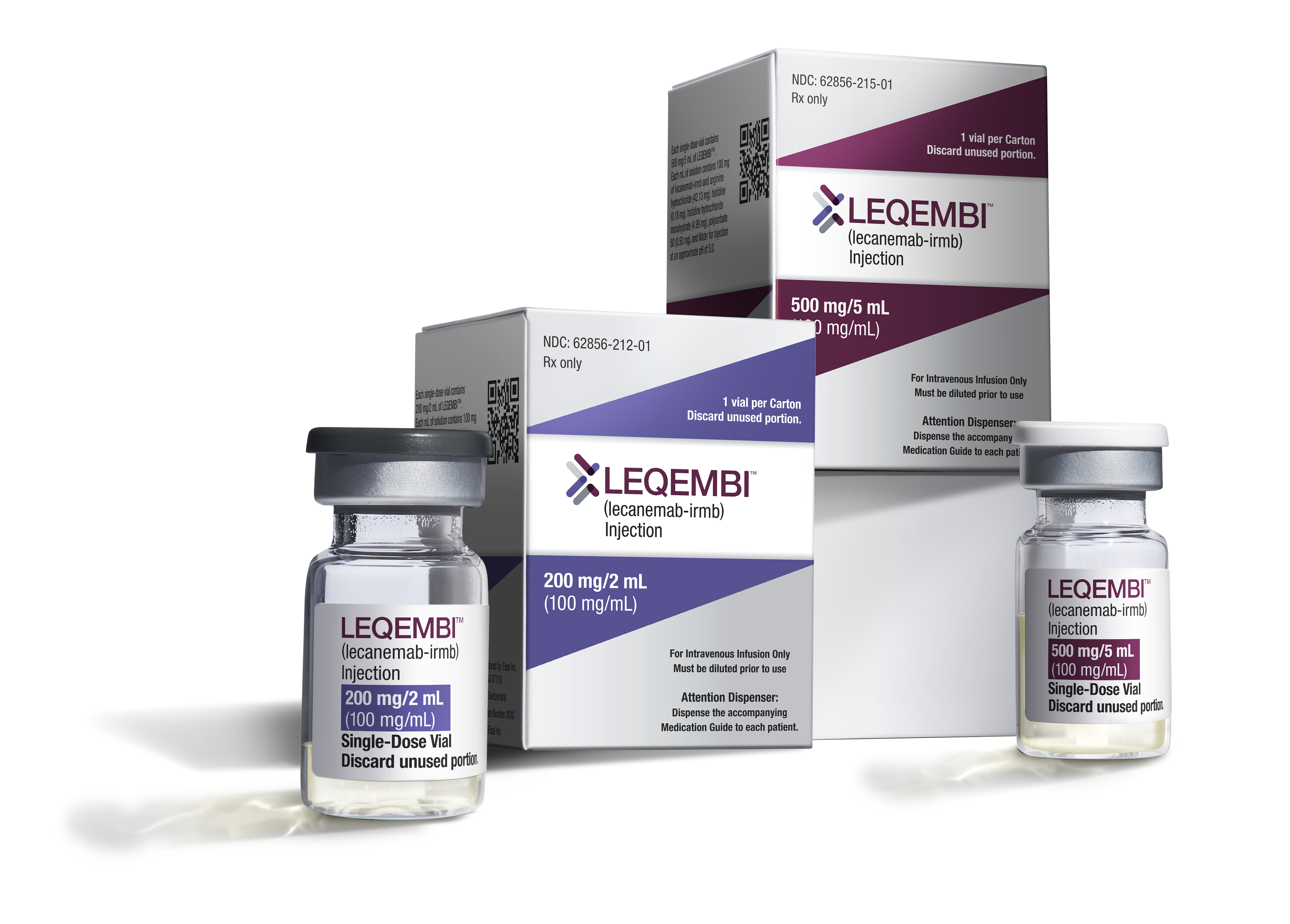Weight loss drugs have traditionally been associated with combating obesity and managing conditions like diabetes. However, the emerging role of these medications in Alzheimer’s disease treatment is gaining traction as new studies suggest potential neuroprotective effects. In this analysis, we will explore how weight loss drugs like Semaglutide, Tirzepatide, and others may influence the progression of Alzheimer’s. Let’s dive deep into the facts and the latest research for 2024.
1. Why Are Weight Loss Drugs Being Considered for Alzheimer’s?
Research suggests that metabolic dysfunction may play a role in the development of Alzheimer’s disease. Conditions like insulin resistance, obesity, and chronic inflammation can worsen cognitive decline. In fact, clinical trials are now exploring how weight loss drugs—primarily GLP-1 receptor agonists—can offer more than just appetite suppression.
-
Neuroprotection: Some drugs like Semaglutide and Liraglutide have shown the ability to improve glucose control, reduce inflammation, and offer neuroprotective benefits in the brain’s hippocampus.
-
Cognitive Improvement: Early findings indicate that these drugs may slow down cognitive decline by targeting metabolic pathways that are also implicated in Alzheimer’s progression.
-
Slowed Disease Progression: Researchers are currently examining how these weight loss medications can delay brain atrophy, particularly in the hippocampus and prefrontal cortex.
2. List of Weight Loss Drugs Under Investigation for Alzheimer’s (2024)
a. Semaglutide (GLP-1 receptor agonist)
-
Used for appetite suppression and managing type 2 diabetes.
-
Has shown potential for reducing inflammation in the brain and improving synaptic health.
b. Tirzepatide (GLP-1 & GIP receptor agonist)
-
Promising dual-action drug that may enhance cognitive function while managing weight loss.
-
Currently in Phase 3 trials for Alzheimer’s, showing improved neuroprotection in preclinical models.
c. Liraglutide
-
Popular for weight management and has been tested for slowing the accumulation of amyloid plaques in the brain, a hallmark of Alzheimer’s.
d. Exenatide
-
Known for its role in glucose regulation, this drug is also being evaluated for its potential to protect neurons from damage associated with neurodegenerative diseases like Alzheimer’s.
3. How Do These Weight Loss Drugs Work in Alzheimer’s Patients?
Weight loss drugs function through mechanisms that extend beyond appetite control. Here’s a breakdown of how these drugs potentially impact Alzheimer’s disease:
| Mechanism | Impact on Alzheimer’s | Drug Example | Relevance |
|---|---|---|---|
| Appetite Suppression | Reduces obesity, a risk factor for cognitive decline. | Semaglutide, Tirzepatide | High |
| Improved Insulin Sensitivity | Enhances glucose control, essential for brain health. | Liraglutide, Exenatide | Medium |
| Neuroprotection | Directly protects neurons from damage. | Semaglutide, Tirzepatide | High |
| Reduced Inflammation | Lowers neuroinflammation, slowing disease progression. | GLP-1 receptor agonists | High |
| Increased Satiety | Prevents excessive food intake, which could reduce metabolic stress on the brain. | Liraglutide | Medium |
4. Major Clinical Trials & FDA Approvals: Where Do We Stand?
Weight loss drugs like Semaglutide and Tirzepatide are currently undergoing rigorous clinical trials to validate their efficacy in managing Alzheimer’s disease. Here’s a snapshot of the latest developments:
-
Semaglutide Phase 3 Trial:
-
Focus: Neuroprotective effects in Alzheimer’s patients.
-
Findings: Early results indicate slowed cognitive decline and improved memory retention.
-
FDA Status: Pending further analysis, potential for FDA approval by late 2024.
-
-
Tirzepatide Randomized Controlled Trial:
-
Objective: Investigating its dual mechanism on cognitive improvement and weight loss.
-
Outcome: Preliminary data shows increased synaptic resilience and improved insulin sensitivity in the hippocampus.
-
-
Liraglutide Alzheimer’s Study:
-
Method: Double-blind, placebo-controlled trial.
-
Results: Showed reduction in amyloid plaque buildup, but more research is needed for long-term effects.
-
5. Comparing Weight Loss Drugs for Alzheimer’s: Which Are Most Effective?
A compare and contrast between the major weight loss medications reveals subtle differences in their impact on Alzheimer’s disease:
Semaglutide vs. Liraglutide:
-
Semaglutide offers more pronounced cognitive improvements due to its stronger neuroprotective effects.
-
Liraglutide, while effective in controlling weight loss and insulin sensitivity, shows slower results in reducing brain atrophy compared to Semaglutide.
Tirzepatide vs. Exenatide:
-
Tirzepatide‘s dual mechanism—targeting both GLP-1 and GIP receptors—may prove more beneficial for cognitive health, while Exenatide focuses primarily on glucose regulation.
6. Infographic: Comparing Weight Loss Drugs Based on Alzheimer’s Efficacy
| Drug Name | Cognitive Improvement | Weight Loss Impact | Inflammation Reduction | FDA Approval Status |
|---|---|---|---|---|
| Semaglutide | High | High | High | Pending (2024) |
| Tirzepatide | Medium | High | Medium | Ongoing Trials |
| Liraglutide | Medium | Medium | High | FDA Approved |
| Exenatide | Low | Medium | Medium | Approved for Diabetes |
In 2024, Semaglutide and Tirzepatide are emerging as frontrunners for potential Alzheimer’s treatment, given their superior impact on both cognitive function and weight management.
7. What Are the Side Effects of Using Weight Loss Drugs in Alzheimer’s Patients?
Weight loss drugs are not without their risks, particularly when prescribed to Alzheimer’s patients. Here are some potential adverse events to watch out for:
-
Nausea and Vomiting: Common side effects with GLP-1 receptor agonists like Semaglutide.
-
Low Blood Sugar (Hypoglycemia): Drugs like Tirzepatide and Exenatide can lead to dangerously low blood sugar levels, especially in patients with impaired insulin sensitivity.
-
Gastrointestinal Issues: Patients may experience diarrhea, constipation, or abdominal discomfort.
-
Cognitive Impact: Although the aim is cognitive improvement, there’s a possibility of mental fog or confusion in certain individuals.
Patients must be monitored closely to mitigate these risks and ensure the benefits outweigh the downsides.
What should I ask my doctor about weight loss drugs if I or a loved one has Alzheimer’s?
When speaking to your doctor, consider these important questions:
-
Are weight loss drugs like Semaglutide suitable for Alzheimer’s patients? Ask if these drugs are appropriate given your loved one’s specific health conditions, particularly if they are already on medications for cognitive decline or metabolic issues.
-
What side effects should we monitor for during treatment? Be sure to discuss potential adverse reactions such as gastrointestinal issues, hypoglycemia, and any worsening of cognitive function.
-
How long does it take to see results in both weight management and cognitive function? Understanding the timeline of effectiveness for both weight loss and potential cognitive benefits will help manage expectations for clinical outcomes.
-
Are there lifestyle changes that should accompany weight loss drug therapy? Often, weight loss medications work best when combined with diet, exercise, and other lifestyle modifications. Make sure you discuss this with your healthcare provider.
Summary
The intersection of weight loss drugs and Alzheimer’s disease is a growing field of interest, especially as metabolic dysfunction is increasingly linked to cognitive decline. In 2024, drugs like Semaglutide, Tirzepatide, and Liraglutide are being investigated not only for their weight management benefits but also for their potential to improve cognitive function, reduce inflammation, and slow the progression of neurodegenerative diseases like Alzheimer’s.
While these weight loss medications offer promising avenues for treatment, they are not without risks. As we have explored, their effectiveness is being tested in clinical trials, and potential FDA approval for Alzheimer’s-specific use may be on the horizon. However, close monitoring of side effects and consultation with healthcare providers are crucial.
The evolving landscape of Alzheimer’s treatment offers hope, and weight loss drugs may soon become a key tool in managing this complex disease. Whether through improving insulin sensitivity, reducing amyloid plaques, or offering neuroprotection, these drugs represent a new frontier in the battle against Alzheimer’s disease.
FAQs
-
What are the most promising weight loss drugs for Alzheimer’s in 2024?
-
Semaglutide and Tirzepatide are leading the field, with ongoing clinical trials showing significant potential for cognitive improvement in Alzheimer’s patients.
-
-
Can weight loss alone reduce Alzheimer’s risk?
-
Weight loss, especially in managing obesity, may lower the risk of cognitive decline. However, metabolic balance, insulin sensitivity, and inflammation control are crucial.
-
-
How do GLP-1 receptor agonists affect Alzheimer’s progression?
-
These drugs work by improving insulin sensitivity, reducing neuroinflammation, and offering neuroprotection—all critical factors in slowing Alzheimer’s progression.
-
-
Are there any FDA-approved weight loss drugs specifically for Alzheimer’s?
-
Not yet. However, drugs like Semaglutide are in Phase 3 trials and could gain FDA approval for this use by late 2024.
-
-
What should I ask my doctor about weight loss drugs if I or a loved one has Alzheimer’s?
-
Related Posts :
- Rapid Ripped Keto Acv Gummies Review Everything You Need To Know J311
- En Did Kelly Clarkson Lose Weight With Gummies Her Inspiring Transformation Story Aruh
- Unbloat Review Best Gut Cleanse Supplement For Healthy Weight Loss Lzwz
- What Are Keto Gummies For Weight Loss A Comprehensive Guide 1vut
- Bristol Palin Weight.html Rxyw


